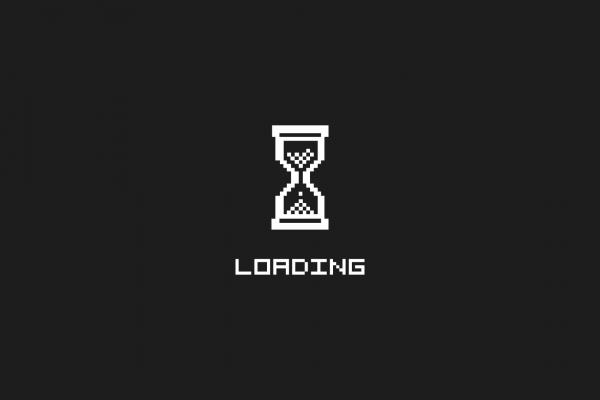THE BATTLE over net neutrality keeps getting stranger and stranger.
For years the lines were clearly drawn. On the “pro-” side were the content-providing companies (Google, Netflix, Amazon, etc.) and the public interest and consumer groups that want to preserve equal access to a potential audience of billions. Arrayed against them was Big Telecom (Verizon, Time Warner Cable, Comcast, etc.), which wanted the internet to work more like cable TV, where consumer choice is limited to the menu the provider offers.
But now the idea that internet service providers should be prohibited from charging content providers for faster downloads has become so popular that even its sworn enemies claim to favor it. They’ve even rounded up some of their most fervent supporters in Congress to push “net neutrality” legislation, which may come with a rider proclaiming that “war is peace.”
Comcast, the nation’s largest cable and broadband provider, pioneered this Orwellian strategy. For several months now Comcast has run print, TV, and online ads hailing its support for net neutrality—no “blocking” of sites, no “throttling” of download speeds, and no “paid prioritization” giving faster speeds to the highest bidder. Not only does Comcast support those principles, it says, but it is in fact the only internet service provider that has made a legally binding commitment to abide by them. And, by the way, if the Federal Communications Commission (FCC) would just approve Comcast’s merger with Time Warner Cable, it would extend those protections to all Time Warner customers, too.
All of Comcast’s claims are technically true. Comcast does have a legal commitment to abide by net neutrality. It was a requirement for federal approval of its 2011 merger with NBCUniversal, and it expires at the end of 2017. Comcast executives have adamantly refused to pledge to extend the neutral practices beyond that date. And if you keep digging through Comcast’s net neutrality pronouncements, you’ll eventually get to the bottom line. The company says it supports net neutrality, but it still opposes the idea that broadband service should be classified as a public utility for regulation by the FCC.
And that’s the catch. Back in January 2014, a federal court ruled that without the public utility classification, the FCC did not have the power to enforce net neutrality rules. After flirting with compromise through most of 2014, FCC chair Tom Wheeler now supports the reclassification of broadband. Treating broadband internet as a public utility would allow the FCC to do the same things that it did with landline phone service in the last century—i.e., keep it open, affordable, and universally accessible.
This is where Comcast’s friends in Congress come in.
On Jan. 21, Repub-licans in both the House and Senate held hearings on a proposal that bans blocking, throttling, and paid prioritization but would also prohibit the FCC from regulating broadband service as a utility. The proposal also contains a huge loophole that would exempt from the paid prioritization ban any undefined “special services” that providers might offer in the future and a measure that would prohibit the FCC from encouraging municipally owned broadband services, one of the most promising strategies for extending affordable access.
In a Reuters op-ed, the primary sponsors of the new bill, Sen. John Thune (R-SD) and Rep. Fred Upton (R-MI), argued that broadband should not be regulated as a public utility because the authorizing legislation dates from “an era of rotary telephones.” But the idea that democracy requires universal access to the means of communication is even older than the New Deal, and more relevant than ever. Today broadband internet is a service that people must have in order to be full participants in their community. The FCC has to start treating it that way.

Got something to say about what you're reading? We value your feedback!
